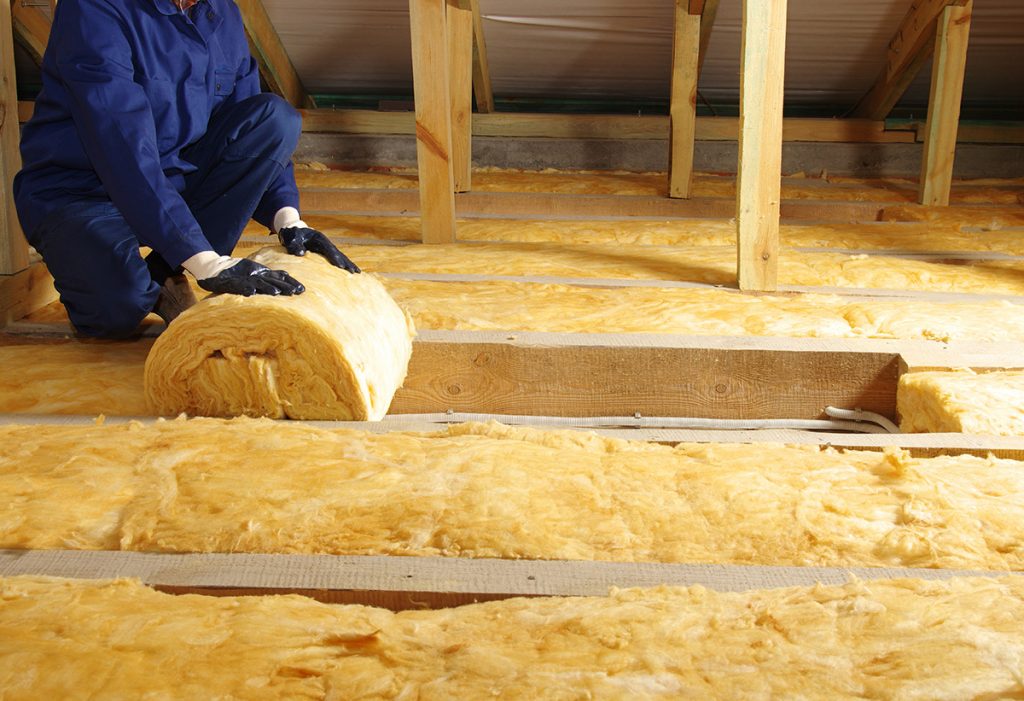In the run up to Election 2024 in ROI, Fianna Fáil tells Selfbuild it’s committed to the ‘rural right to build’ while Independent Ireland says its candidates would cut VAT on building materials.
In this article we cover:
- Key policy proposals from Fianna Fáil and Independent Ireland that target self-builders
- Including: cost-saving measures, planning reforms, and infrastructure investment
With the General Election fast approaching on November 29, self-builders across ROI are eager to know where the country’s leading political parties stand on the issues that matter most to them.
Whether it’s planning reforms, cost saving measures like waivers on development charges or VAT reductions on building materials, the policies outlined by these parties could have a significant impact on the future of self-build projects and one-off housing across the country.
Selfbuild reached out to the main political parties for their views on key supports for self-builders; the first two to respond were Fiann Fáil and Independent Ireland.
Here’s what they had to say.
Supports for self-builders: Fianna Fáil
Fianna Fáil acknowledged the significant impact of the development levy waivers and the Uisce Éireann connection charge rebate, which together contributed to the commencement of 57,000 new homes in the past year.
While these measures are set to end soon, with the development levy waiver concluding as planned at the end of 2024, Fianna Fáil stated it will “keep these initiatives under review.”
Selfbuild has been campaigning to extend these waivers indefinitely for self-builders, as they can save cash-strapped families thousands of euros when building their family home.
The party stressed its assurance to rural communities and first-time buyers building their own homes, highlighting its track record and future plans to support self-builders, stating, “we are committed to upholding the rural right to build where there is a clear social or economic need.”
The party pointed to its accomplishments in government since 2020, including the completion of nearly 22,000 one-off homes.
Fianna Fáil credited initiatives like the Help-to-Buy scheme, which was increased to €30,000, and the First Home ‘Bridge the Gap’ Scheme.
Both programmes allow self-builders to access financial support of up to 30 per cent of their total build cost, helping to bridge the gap between mortgages, deposits, and build costs. Fianna Fáil underlined its commitment to maintaining these programmes for first-time buyers.
The party also pledged to continue the Ready to Build Scheme, which provides serviced sites for individuals to build their own homes, and to further invest in rural water and wastewater infrastructure to support housing development in the countryside.

Supports for self-builders: Independent Ireland
When asked about its stance on planning reforms, cost saving measures like waivers on development charges and VAT reductions on building materials for self-builders, a spokesperson for Independent Ireland expressed strong support, stating: “We believe we must declare a housing emergency and use all tools and solutions at our disposal to help alleviate the housing and homelessness crisis.”
Independent Ireland’s housing and planning policies focus on practical ways to improve the house building process. Its key ideas include:
- Cutting VAT on building materials: This would make construction cheaper.
- Easing rural planning rules: Making it easier for families to get planning permission for one-off homes in the countryside.
- Face-to-face pre-planning: Encouraging councils to meet with families in person to help them build homes on their own land, as long as they meet safety and environmental guidelines, even for access to regional roads.
- Bringing empty properties back to life: Offering tax breaks to property owners who renovate and rent or sell vacant homes, or convert unused spaces into living accommodation.
- Backing quicker, cheaper builds: Supporting modular, prefabricated and log cabin housing as faster, more affordable options for creating new homes.
- Helping older people downsize: Doubling the size of rear extensions in areas without enough infrastructure or community housing so they can stay close to family while maintaining their independence.
- Speeding up planning: Making the planning process simpler and quicker to reduce delays and get homes built faster.









